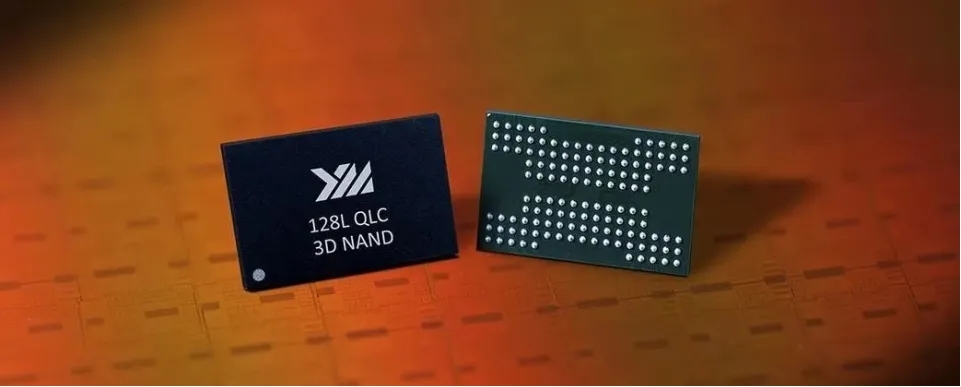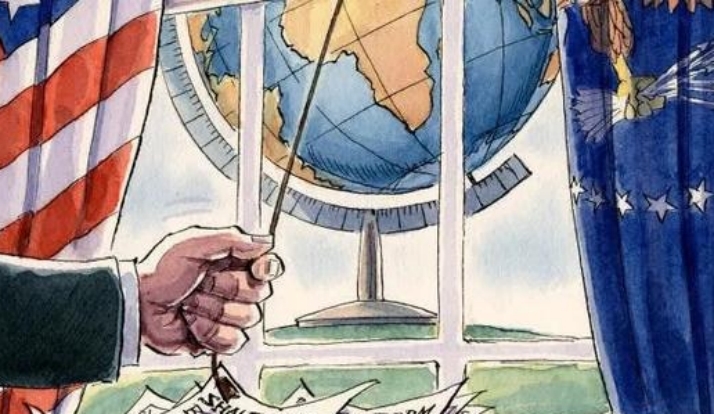
A fierce legal battle surrounding core technology and business reputation is unfolding between global semiconductor giants YMTC and Micron in the United States. This conflict not only concerns the gains and losses of billions of dollars, but also touches on sensitive nerves of intellectual property protection, fair competition, and even national security, becoming a microcosm of the technological game between China and the United States.
Core Battlefield One: Patent Attack and Defense and Technical Confidentiality Controversy
The patent dispute between the two parties began in November 2023. At that time, Changjiang Storage sued Micron in a California court, accusing it of infringing on eight key 3D NAND flash technology patents. In 2024, Changjiang Storage further added 11 patent infringement allegations, covering multiple Micron products.
Micron quickly counterattacked, not only counterclaiming against Changjiang Storage for infringement, but also launching up to 22 challenges to the United States Patent and Trademark Office (USPTO), attempting to declare Changjiang Storage's patents invalid. However, Micron's strategy encountered setbacks. The USPTO has repeatedly rejected its invalidation requests, especially in April 2025, when the agency explicitly upheld the validity of a core patent of Changjiang Storage, laying a solid technical foundation for Changjiang Storage.
The major turning point of the case occurred during the evidence disclosure stage. In 2024, the court ruled that Micron must provide Changjiang Storage with a technical document containing 73 pages of sensitive source code, covering the manufacturing process of its latest 3D NAND chip. To protect confidentiality, the court has set strict conditions: documents are only provided in paper form for on-site inspection by external lawyers and experts designated by Changjiang Storage, copying, photography, or electronic transmission are prohibited, and each page has a unique tracking code.
Micron reacted strongly to this and applied for an emergency injunction to the US Supreme Court on the grounds of "national security risk". Micron argues that as a Chinese company listed on the US Entity List, Changjiang Storage may leak confidential technology to the Chinese government. However, the US Court of Appeals for the Federal Circuit has previously refuted this argument, stating that the protective order set by the court is sufficient to prevent risks and pointing out that Micron's concerns "lack substantial evidence to support them". Whether the Supreme Court will intervene in this case remains a key unresolved issue.
Core battlefield two: accusations of commercial defamation and public opinion manipulation
On June 6, 2025, Changjiang Storage opened a "second front" in the federal court for the District of Columbia, directly accusing Micron and its affiliated public relations company DCI Group of commercial defamation and manipulating public opinion.
The lawsuit reveals that since 2020, Micron has sponsored DCI Group to operate a website called "China Tech Threat". The website continues to publish reports spreading false information that Yangtze River Storage's chips have been "secretly implanted with surveillance backdoors" that can remotely steal user data and "endanger US national security".
The technical rebuttal of Changjiang Storage points directly to the key point: its storage chip does not contain any wireless communication components such as antennas and modems, and it cannot achieve the so-called remote monitoring function from a physical principle. As a professional semiconductor company, Micron is fully aware that such allegations are fabricated, "the lawsuit emphasizes. More importantly, Changjiang Storage cited investigations from media such as Bloomberg Businessweek to reveal that the mastermind behind DCI is Micron - in fact, it is a "pseudo grassroots movement" planned by Micron and disguised as "spontaneous public opinion".
The commercial damage caused by false accusations to Yangtze River Storage is enormous. A major equipment manufacturer has cancelled chip orders worth hundreds of millions of dollars (accounting for 40% of the total orders). The decline in sales and reputation repair costs have also forced Changjiang Storage to lay off 10% of its workforce in 2023. Potential partners from multiple countries have interrupted technology negotiations, seriously hindering their global market expansion plans.
Beyond litigation: reshaping the industrial landscape and rules
The legal battle between Changjiang Storage and Micron has had a profound impact beyond the two companies themselves, reflecting the changing landscape and rule restructuring of the global semiconductor industry
The series of victories of Changjiang Storage in patent litigation, especially the USPTO maintaining the validity of its patents, have effectively challenged the stereotype that "Chinese companies only imitate" and demonstrated its strength in technological innovation.
Changjiang Storage insists on actively safeguarding its rights within the US legal system and making progress, providing valuable reference paths for Chinese companies to deal with complex international intellectual property disputes.
This lawsuit highlights the profound impact of geopolitics on business competition. The result will send a strong signal to global technology companies: will they adhere to a rules based multilateral system, or will they slide towards a fragmented state of "technological sovereignty" divided by countries or factions?

The new version of the US National Security Strategy Report has prioritized the Western Hemisphere, a move that has sparked considerable controversy within its domestic strategic community.
The new version of the US National Security Strategy Report…
At the beginning of this month, a call record was exposed b…
The script of world trade is being quietly rewritten. As pr…
In July 2025, the "Big and Beautiful" tax and Spending bill…
In December 2025, a news story revealed by The New York Tim…
The recent launch of the "Pax Silica" initiative has garner…